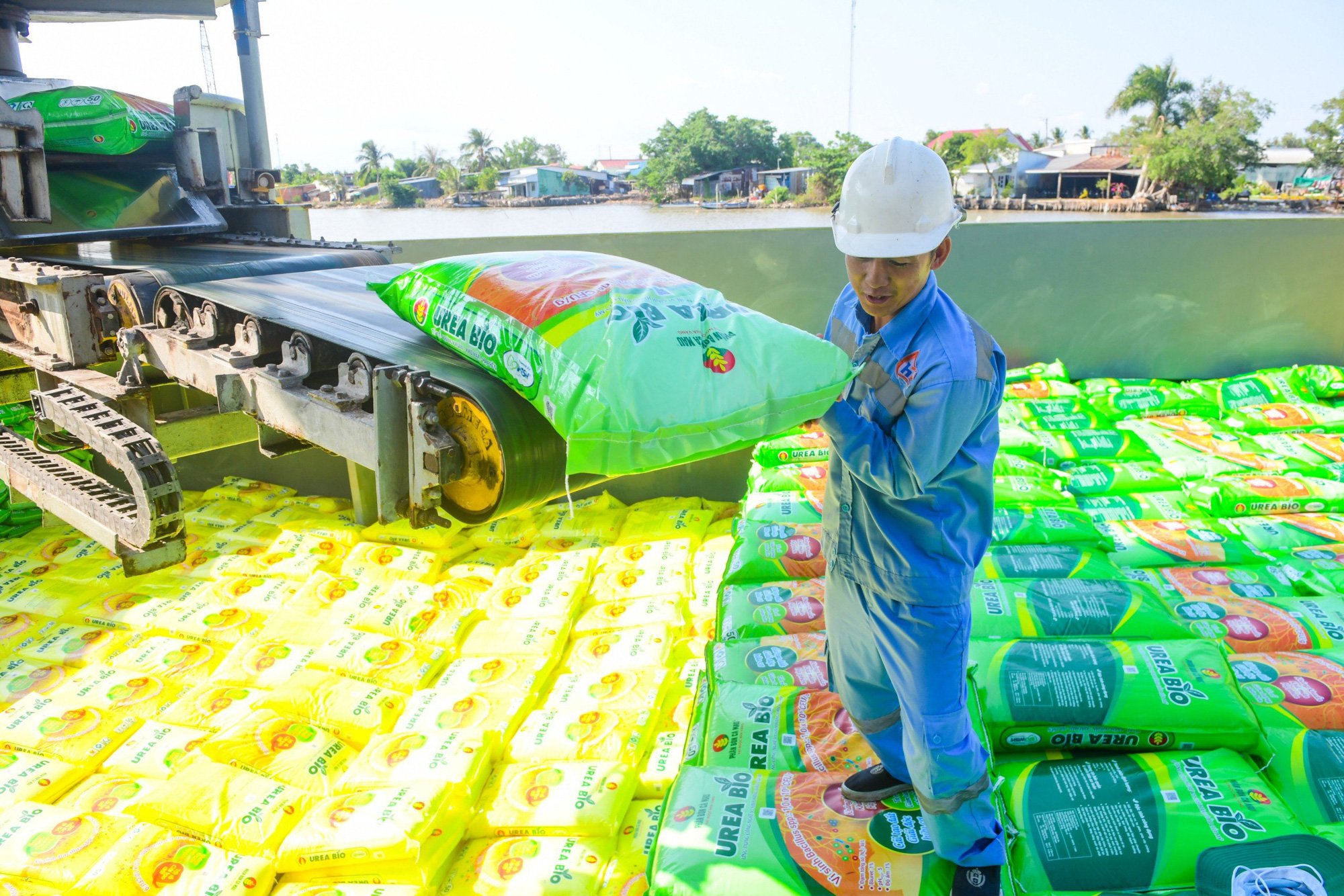
Many National Assembly deputies and experts believe that applying a 5% VAT rate on fertilizers will increase the burden on farmers - Photo: QUANG DINH
Putting fertilizers in the group of goods subject to 5% VAT will create more burden for farmers, because farmers are the ones affected. Moreover, imposing VAT on fertilizers while the Government is reducing VAT by 2% on many items is inappropriate.
Many National Assembly deputies and experts affirmed this when talking to Tuoi Tre about the draft Law on Value Added Tax (amended), which includes fertilizer in the group of goods subject to 5% value added tax (VAT) instead of not being subject to this tax as in the past.
* Delegate TRAN QUOC TUAN (Tra Vinh):
Millions of farming households will be affected.
The VAT Law has proposed to stipulate that fertilizers are subject to VAT at a rate of 5%, instead of not being subject to tax as currently regulated, with the content presented not really convincing. Because VAT is an indirect tax and consumers of goods are subject to tax.
If this law is passed, farmers will have to pay an additional 5% VAT on the amount of fertilizer used. On the other hand, moving fertilizer from a tax-free category to a group of goods subject to a 5% tax rate, in the context of an economy that has not recovered well and the Government continues to reduce the VAT rate by 2% for many types of goods, will certainly affect the income of millions of farming households and the competitiveness of Vietnamese agricultural products.
In fact, fertilizers used to be subject to VAT at a rate of 5%. However, after studying the reality on the basis of supporting and protecting the interests of farmers and domestic fertilizer production and trading enterprises, the Government submitted to the National Assembly for careful discussion to promulgate the law and from January 1, 2015, fertilizers are no longer subject to VAT.
However, during the 10 years of implementation, every time the delegations met with voters, especially in agricultural production areas, including the Mekong Delta, they heard farmers complain that "the prices of fertilizers and agricultural materials are increasing, and the State is requested to study solutions for management and support"...
Meanwhile, the National Assembly is discussing "adding fertilizers to the group of taxable goods and services, with a tax rate of 5%", which will certainly make farmers even more worried. Therefore, I propose that there must be a more thorough survey, assessment and full report on the impact of changing fertilizers from non-taxable to taxable with a tax rate of 5%.
Proposal not to increase VAT rate on fertilizer products, but add domestic fertilizer manufacturing enterprises to the bill as subjects eligible for input VAT deduction...
* Delegate TRAN ANH TUAN (HCMC):
If VAT is applied, it should only be applied at 0% rate.
Applying VAT to fertilizers is necessary to create conditions for manufacturing enterprises to deduct input tax, creating conditions for enterprises to reduce the selling price of fertilizer products.
However, when fertilizer manufacturing enterprises are deducted VAT, it does not mean that the selling price of the product is reduced. Whether the price is reduced or not depends on the supply and demand of goods or many other factors.
In the context of economic difficulties, in the short and long term, we still have to design many policies to promote the development of the agricultural sector. Perhaps prioritizing tax policies but applying a 0% tax rate is appropriate.
This helps businesses take advantage of competition in production costs, and farmers are less pressured by input material prices (fertilizers).
The government may have to refund some VAT to businesses. However, if the agricultural sector develops strongly and production and business activities are effective, the budget will collect more.
* Mr. VU DUY HAI (General Director of Vinacam Group):
Applying VAT to reduce fertilizer prices is forced
VAT is a tax levied on the final consumer, imposing VAT on manufacturers who can deduct input VAT to reduce costs will reduce selling prices, which is unreasonable. In difficult times like now, extending the 2% VAT reduction on key products is to create favorable conditions for consumers. Now imposing VAT on fertilizers, which farmers are the ones affected by, is inappropriate.
It is not true that no tax is beneficial for imported fertilizers. Countries that produce fertilizers for export to Vietnam also pay taxes, and many fertilizers imported into Vietnam are even subject to import tax or defense tax. Why are imported fertilizer prices still low and competitive with ours? Because they always improve their technology, strengthen management and do not have other costs.
The selling price is based on the market mechanism, determined by supply and demand. Therefore, saying that VAT is applied to reduce input costs and farmers benefit... is probably a TV story. In short, I do not oppose VAT on fertilizers, but the argument to defend VAT on fertilizers is really incorrect, not for the people as presented.
Perhaps, to harmonize the interests of all parties, it would be better to stipulate that VAT on fertilizers be zero rather than no VAT.
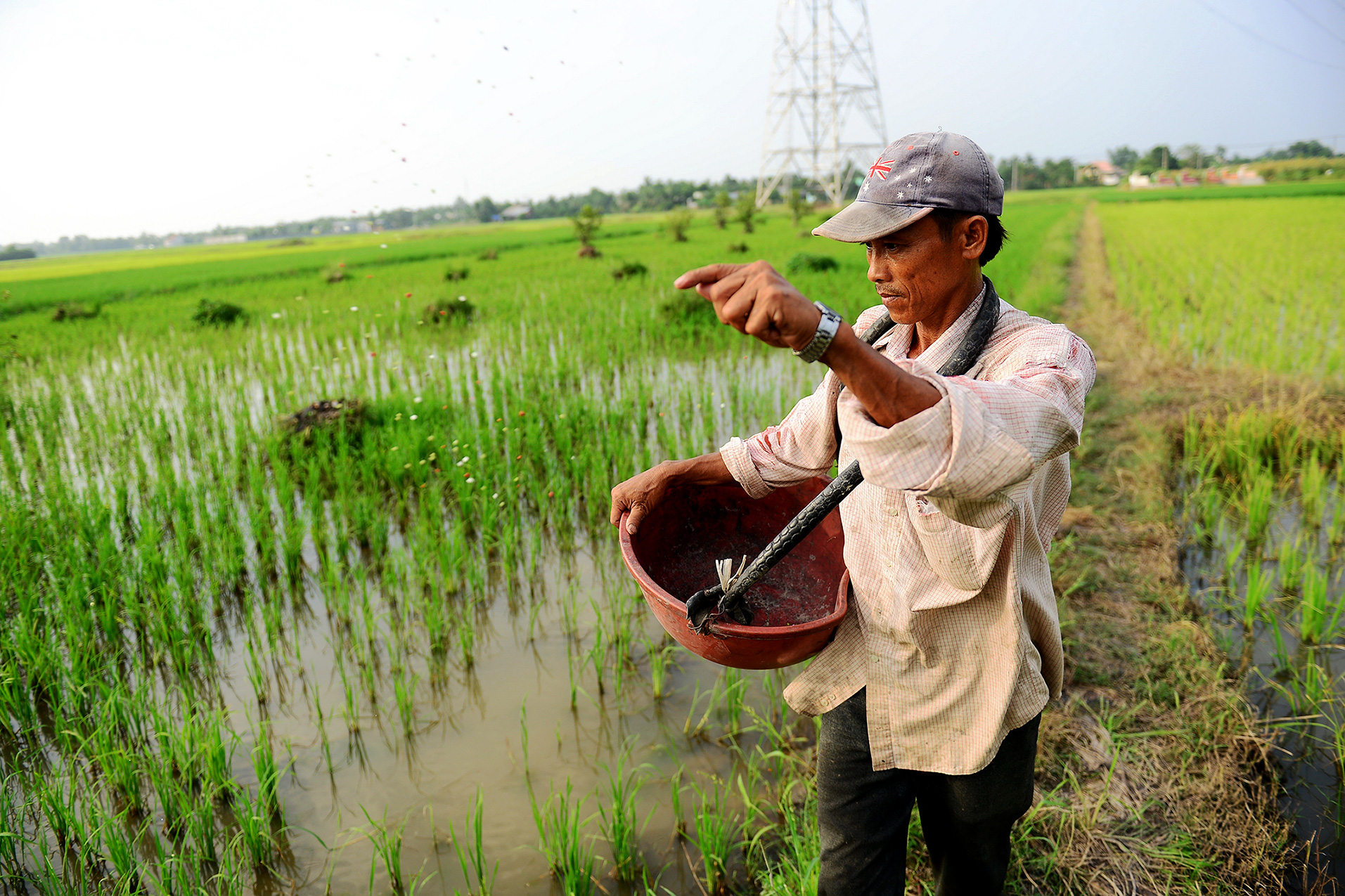
While the economy is still in difficulty, the Government continues to reduce VAT by 2% on many items, the proposal to impose VAT on fertilizers is unreasonable - Photo: QUANG DINH
* Delegate TRAN VAN LAM (Finance - Budget Committee):
VAT should not be imposed on fertilizers.
Putting fertilizers in the VAT group will help reduce costs (production) because input factors are tax deductible. However, this may not necessarily reduce selling prices, because it also depends on the world market and many other factors affecting the selling price structure.
When fertilizer prices in the world market decrease, businesses are forced to reduce prices to compete; conversely, when fertilizer prices in the world increase, domestic businesses cannot be forced to reduce prices. Without input tax deductions, domestic businesses are less competitive than importing businesses (which are entitled to tax deductions from other countries).
However, if a 5% tax is imposed on this product, farmers will be affected. If a 0% tax is imposed, the State will have to pay compensation for the deductions of enterprises. Therefore, a solution is needed to balance the interests of the State, enterprises and people. In my opinion, the current regulations should be kept and other solutions should be found to support enterprises.
At that time, farmers will not have to bear additional tax pressure. However, it is necessary to design support policies for fertilizer production enterprises to reduce production costs such as preferential loan interest rates, land rents, etc. In the future, when the economy develops, tax policies will have to be recalculated to suit the interests of the State, enterprises and people.
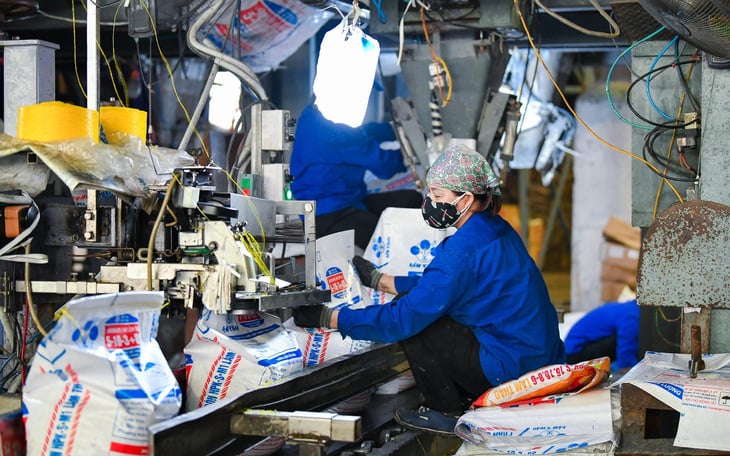 Will the proposal to impose a 5% VAT increase fertilizer prices?
Will the proposal to impose a 5% VAT increase fertilizer prices?Source: https://tuoitre.vn/dung-them-ganh-nang-cho-nong-dan-voi-thue-vat-20240626035645746.htm










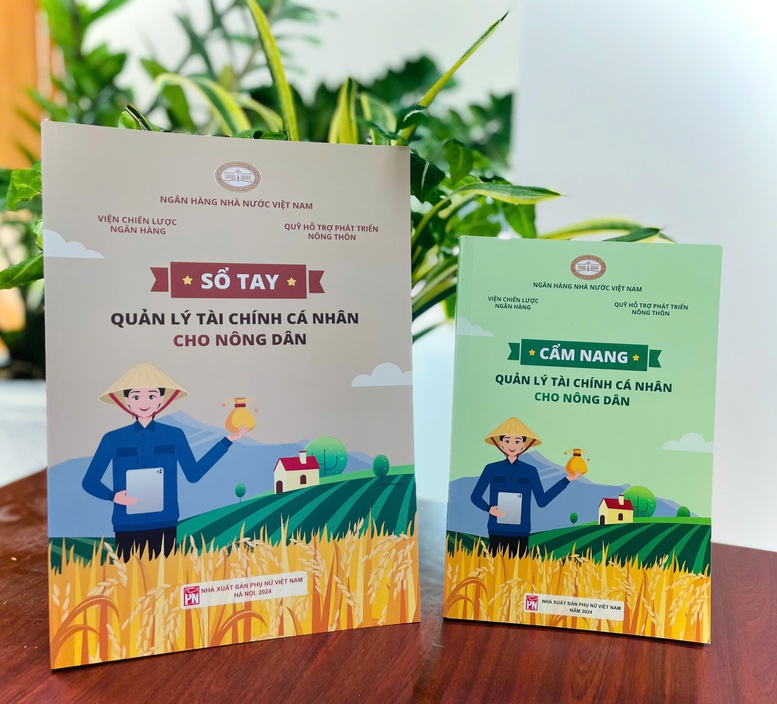

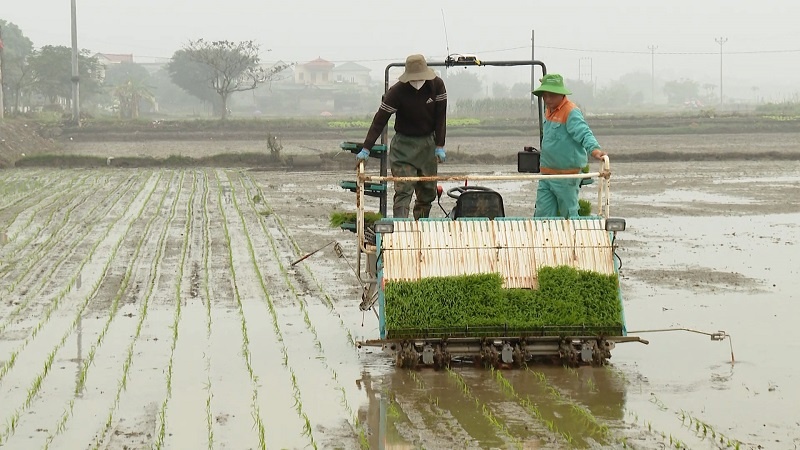

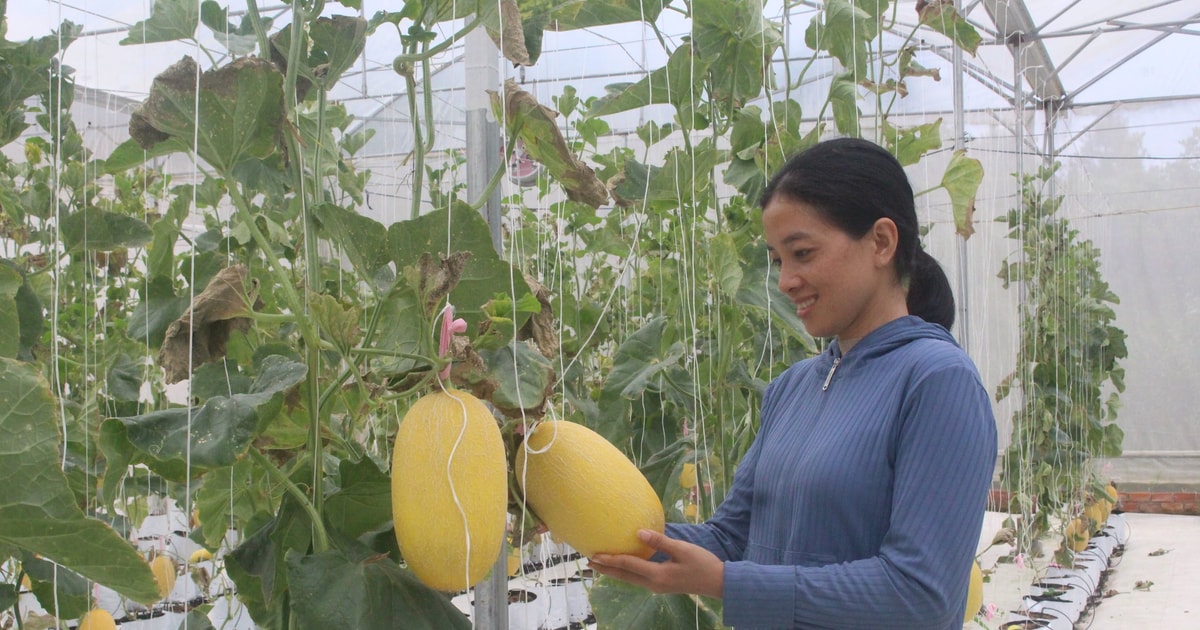
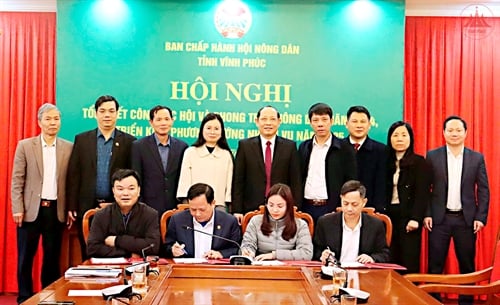
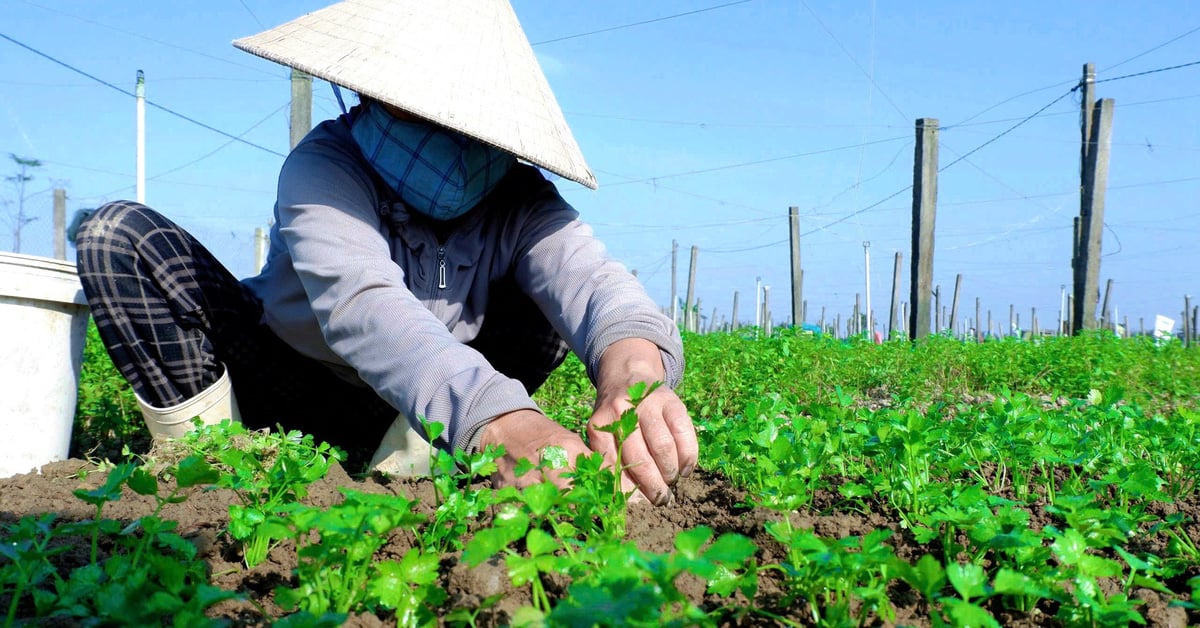
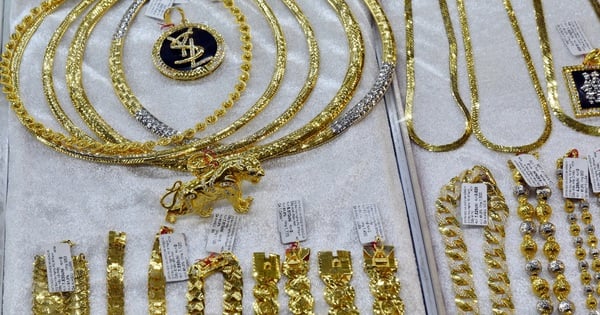

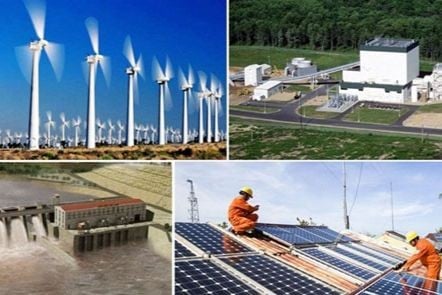

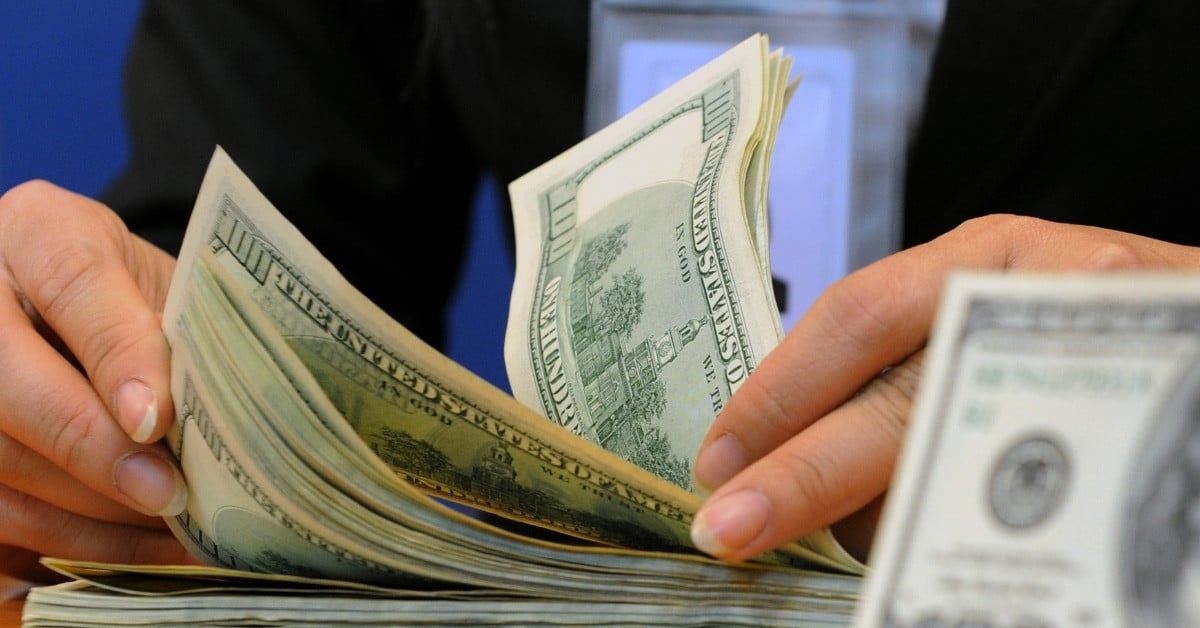




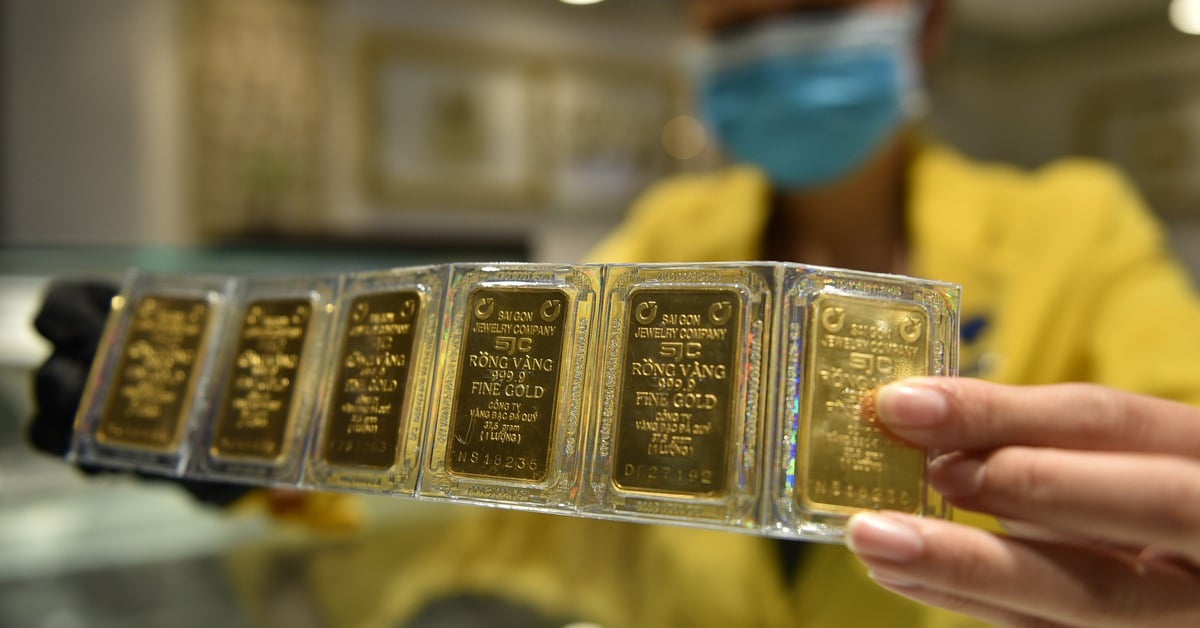













![[Photo] Prime Minister Pham Minh Chinh chairs Government Conference with localities on economic growth](https://vstatic.vietnam.vn/vietnam/resource/IMAGE/2025/2/21/f34583484f2643a2a2b72168a0d64baa)



























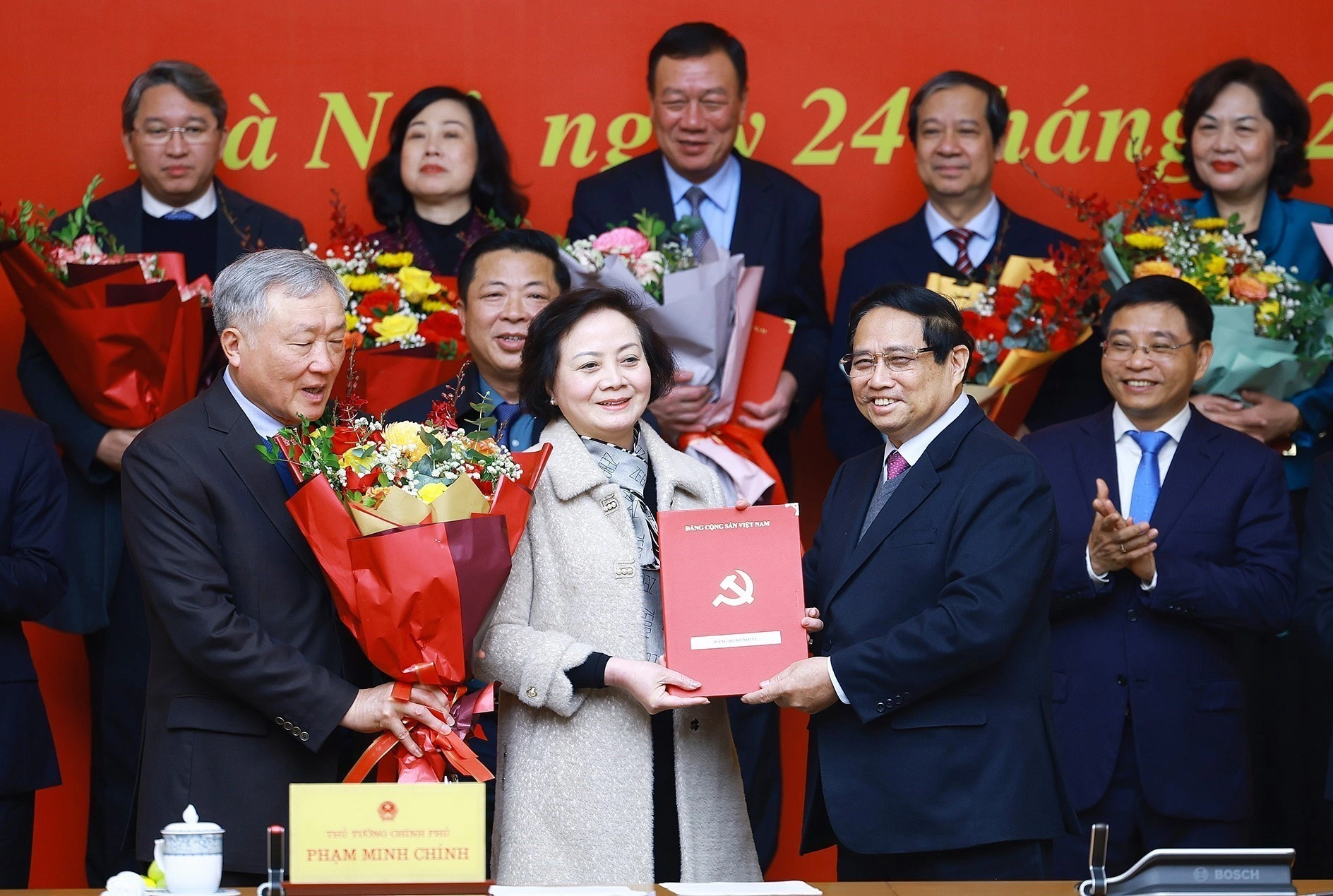






















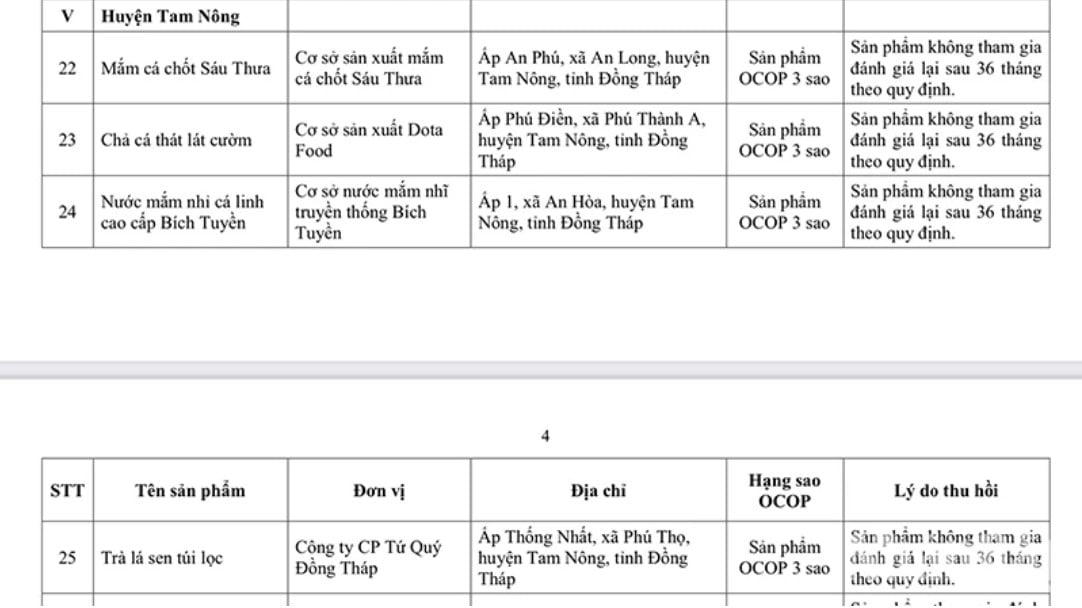
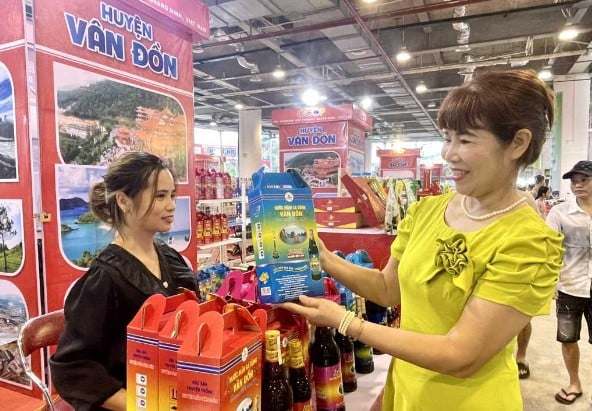

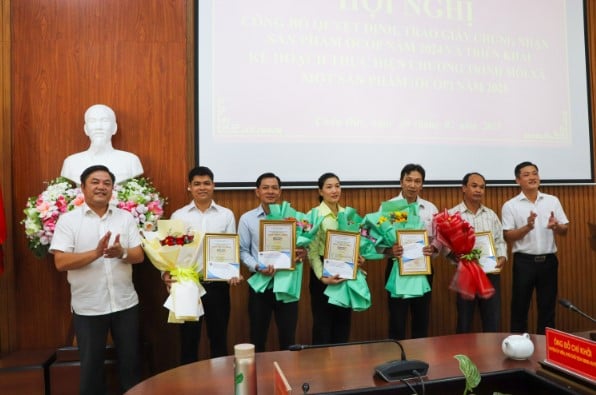

Comment (0)